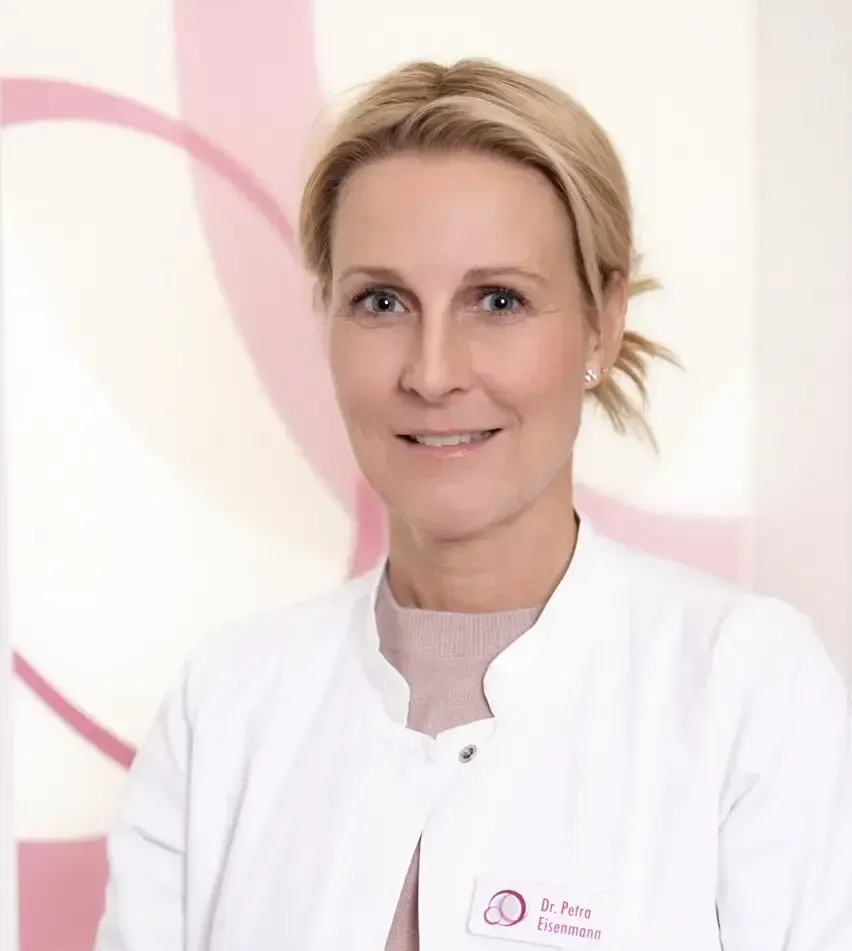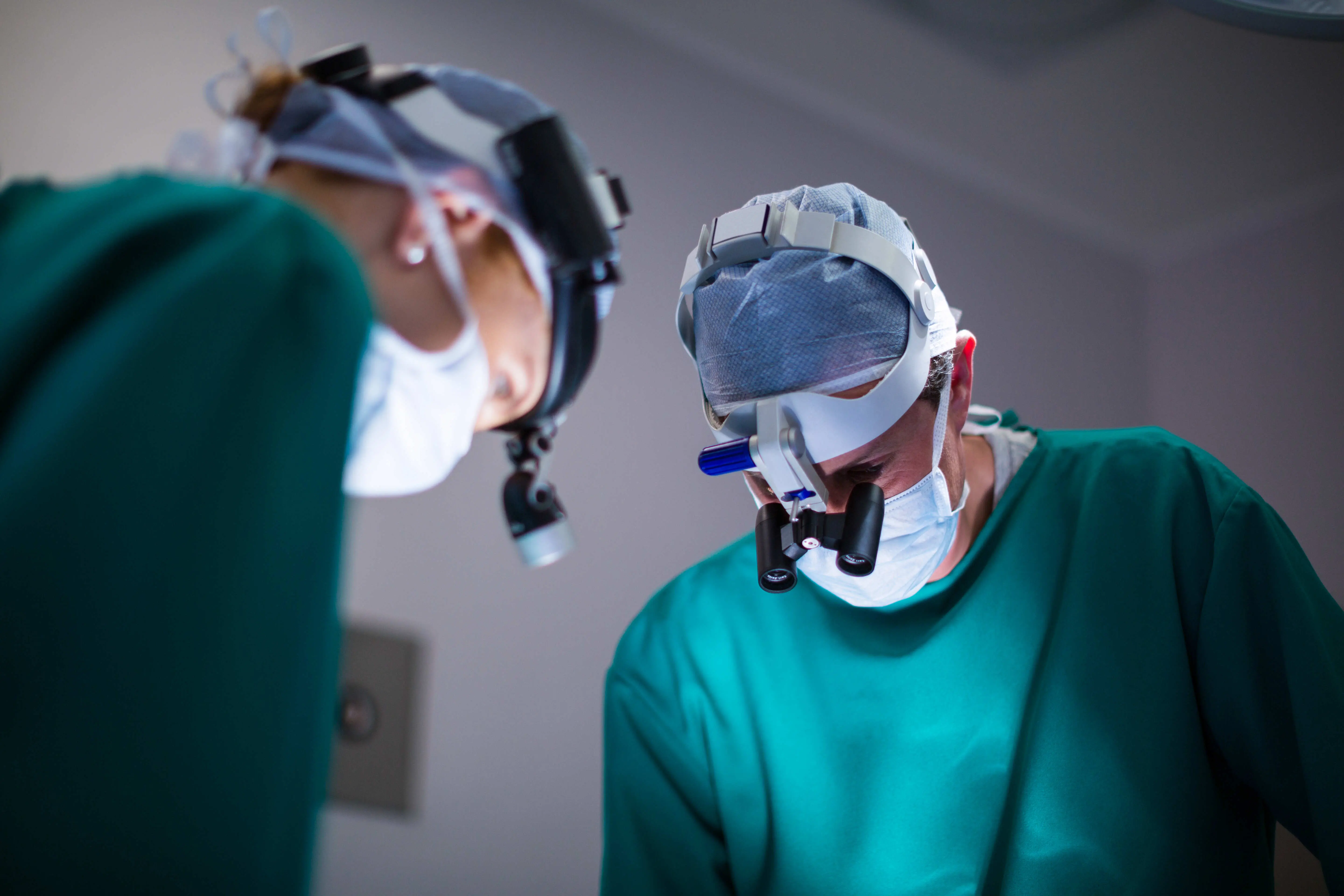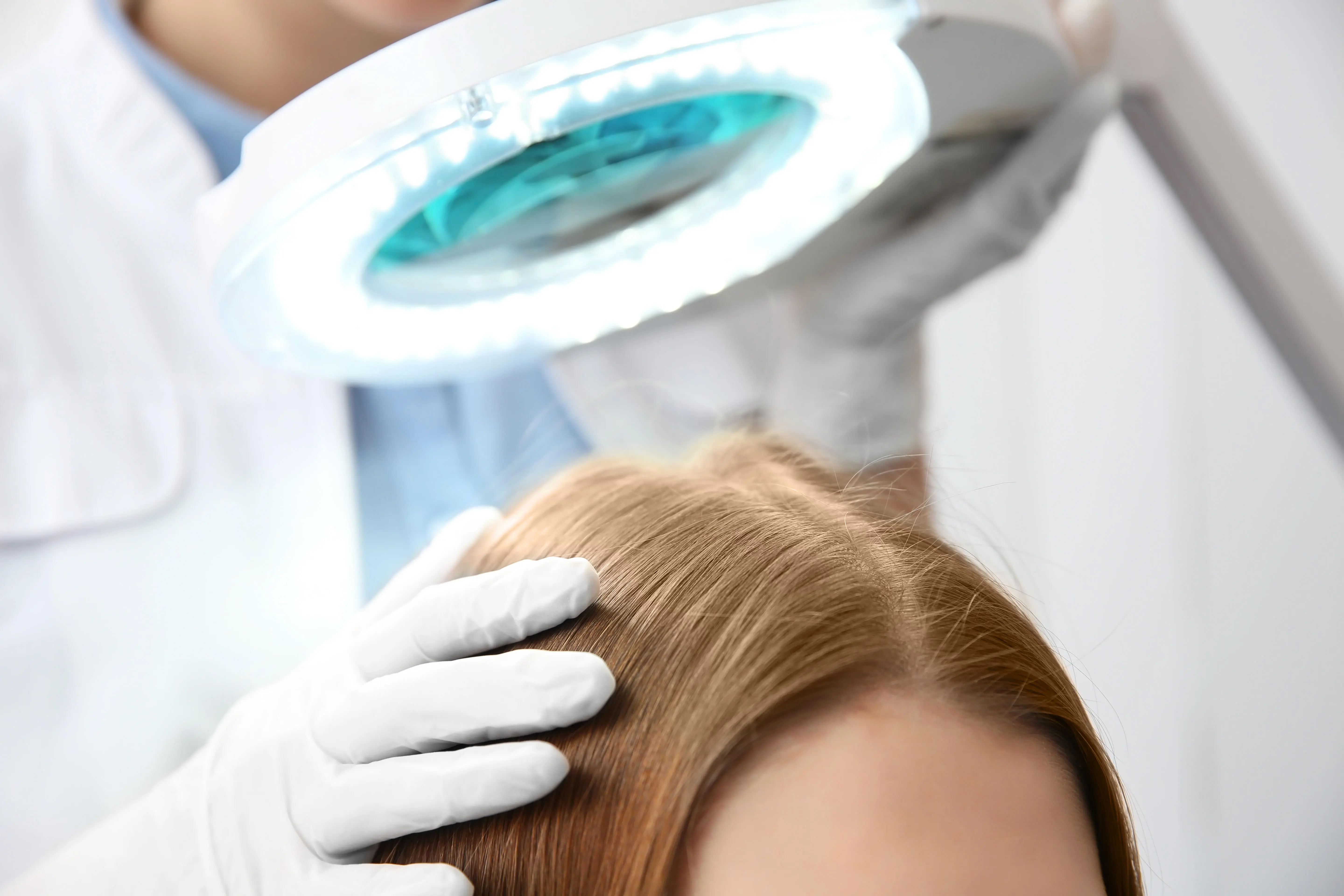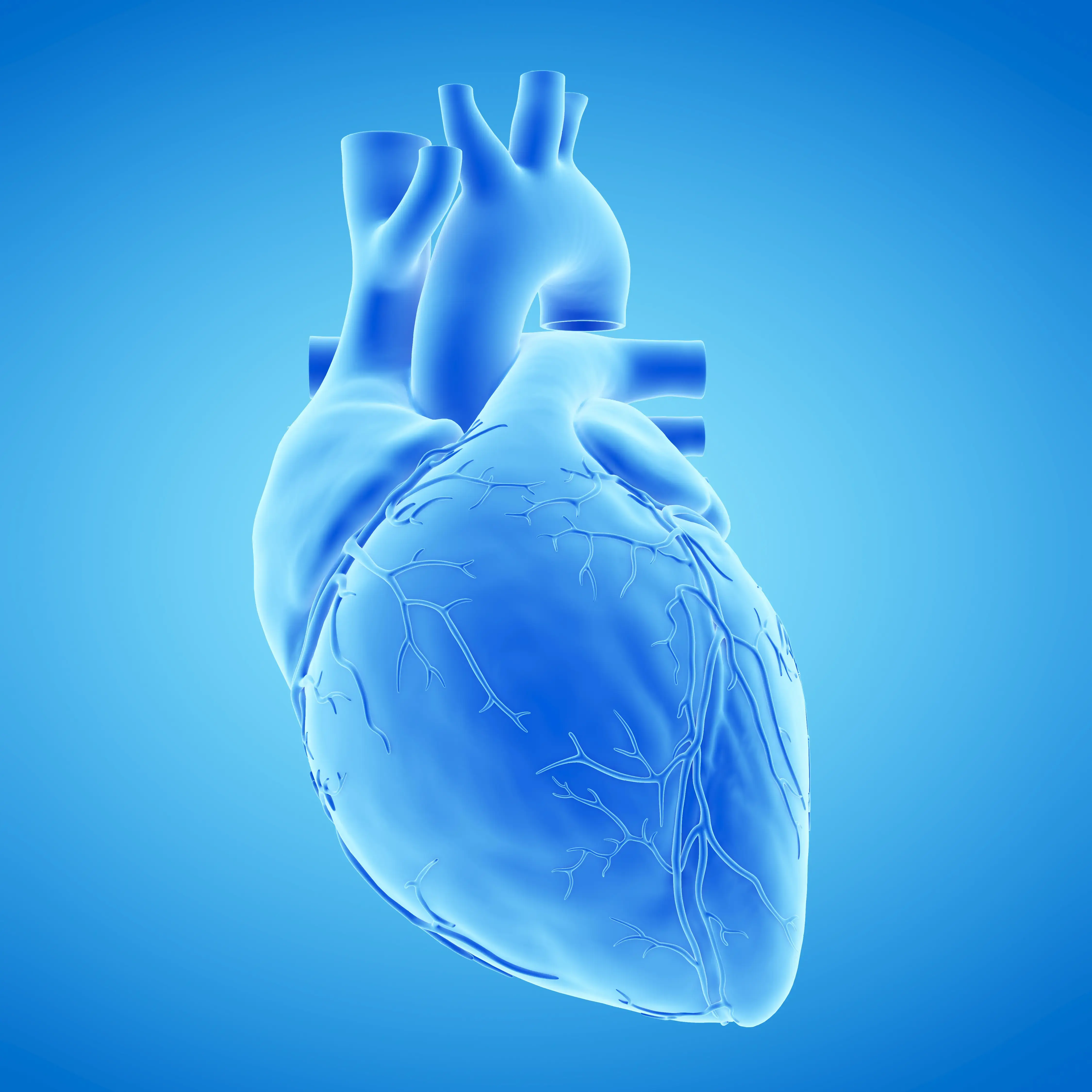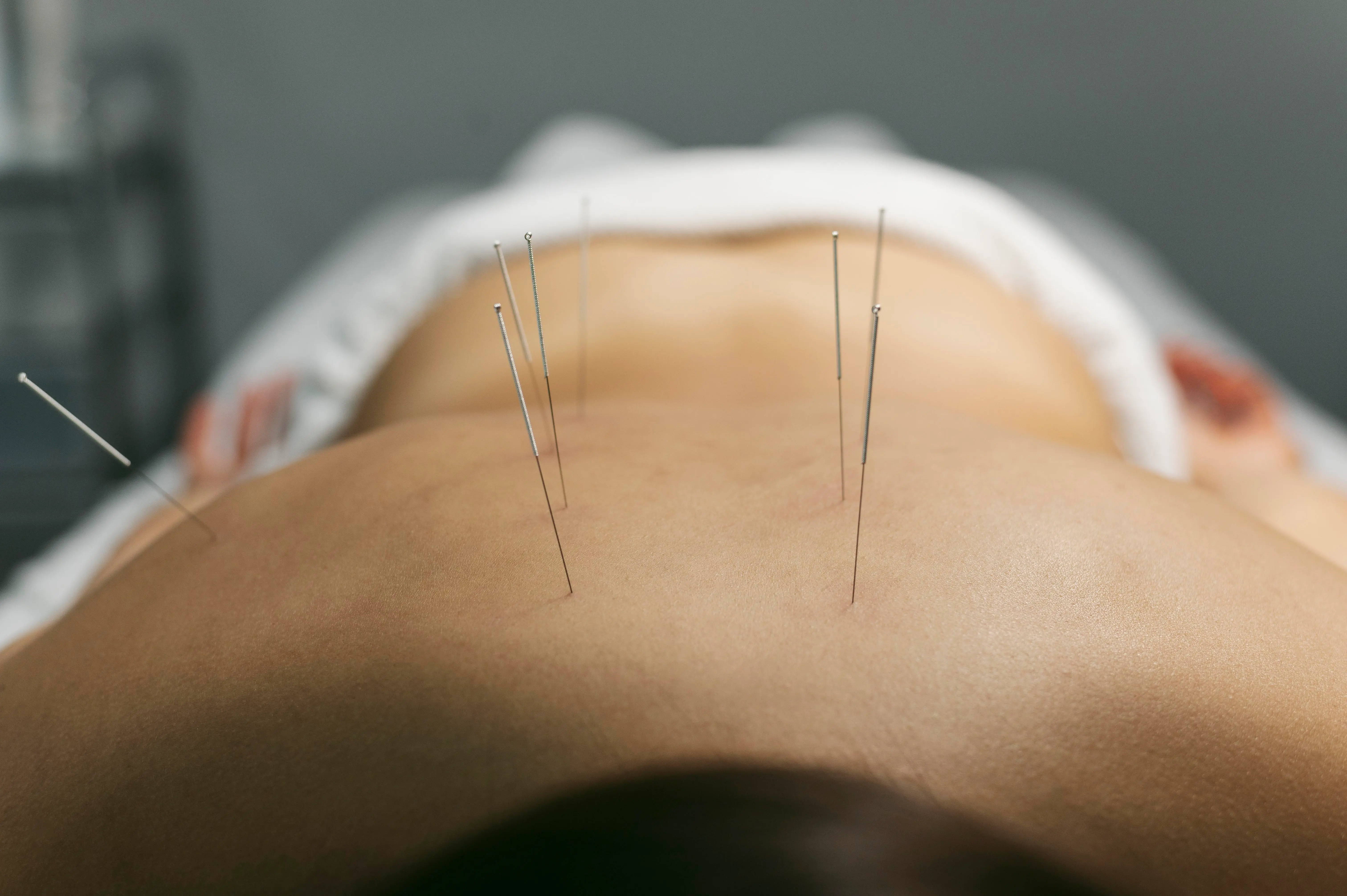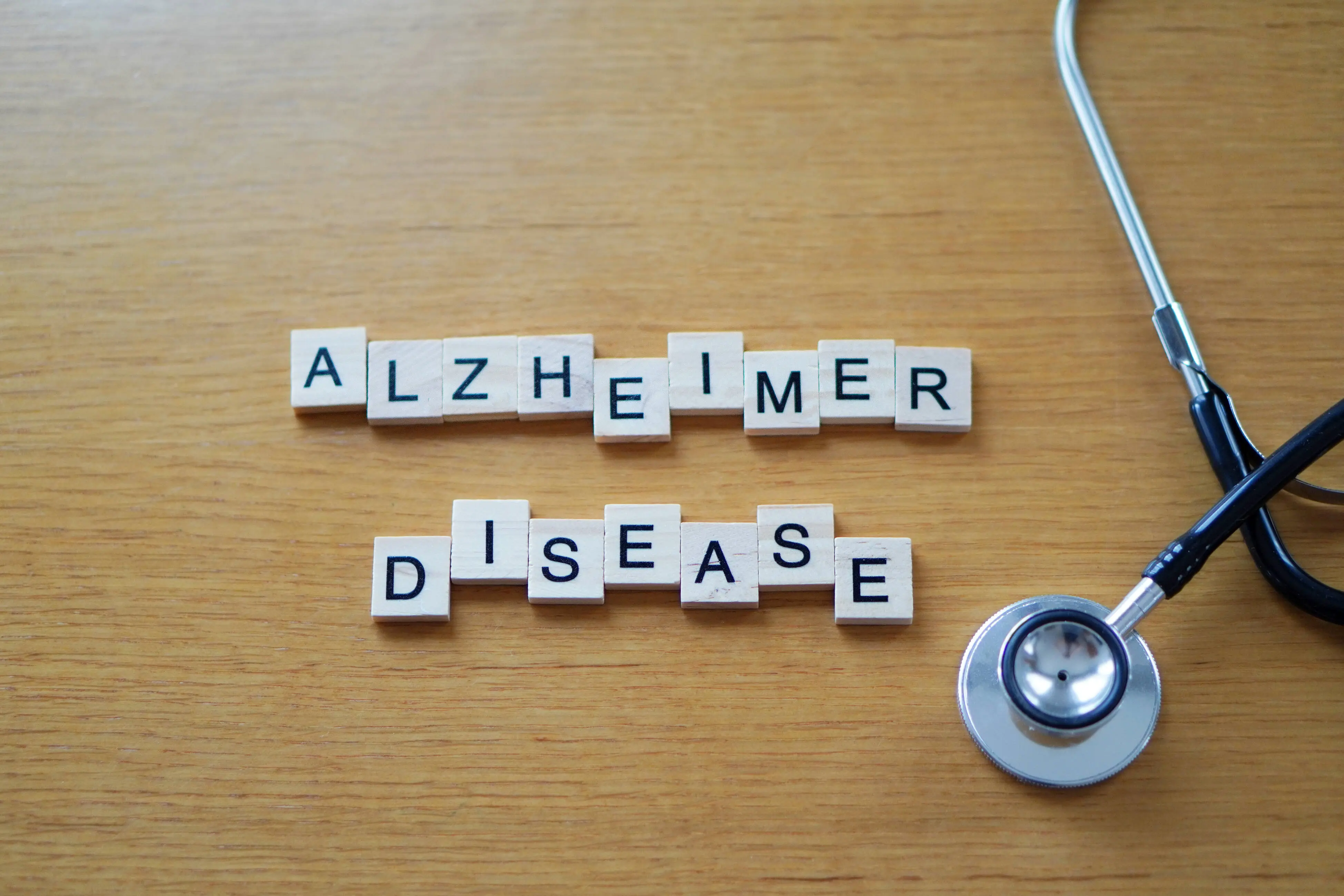Since 1987, the “International Day of Action for Women's Health” observed on May 28th, draws attention to the importance of women's mental and physical health. The phrase "medicine is oriented towards men as the standard" still applies in many ways today. Until the 1990s, medical studies were conducted almost exclusively on men. It wasn't until 1993 that it was mandated in the USA that women must be included in clinical studies. Contemporary women's health today requires a holistic approach that equally considers physical, hormonal, and mental health with the specific characteristics of the female body.
Dr. Petra Eisenmann, a gynecologist in the Pranner15 gynecological group practice in Munich, has been advocating for years to think about women's health in a holistic way and to raise the relevance of this topic more into public awareness. On the occasion of the International Women's Health Day, we spoke with her and asked her what is particularly important for women to pay attention to in their own health.
Reproductive health and prophylaxis
In the area of reproductive health, regular gynecological screenings, including cytological smear ("PAP smear"), HPV test, and breast cancer screenings (e.g., through mammasonography, mammography) are crucial. Gynecologists should also educate particularly young patients about menstrual health, contraception, and pregnancy.
Education on the prevention and treatment of sexually transmitted infections such as HPV, chlamydia, etc., or HIV, should also be a regular part of the first consultations by attending physicians of young patients. Hormonal health, such as dealing with cycle disorders, PMS, or, in later years, symptoms of menopause, should be part of a preventive appointment depending on the need and the corresponding life phase.
Hormonal balance
Hormonal changes play a crucial role in different life phases of women (puberty, pregnancy, menopause). Additionally, thyroid health plays a larger role in women, as they are more often affected by thyroid diseases such as hypothyroidism or hyperthyroidism. The treatment of polycystic ovary syndrome (PCOS), endometriosis, or other hormonal disorders that can also affect fertility are topics that exclusively play a role in women's health.
Nutrition and bone health
Women are particularly susceptible to nutrient deficiencies (e.g., iron deficiency due to menstruation, calcium, and vitamin D deficiency) and related diseases such as anemia or osteoporosis. A balanced diet with sufficient fiber, proteins, healthy fats, vitamins, and minerals is therefore essential for women's health. Regular bone density checks to prevent osteoporosis are therefore especially recommended after menopause.

